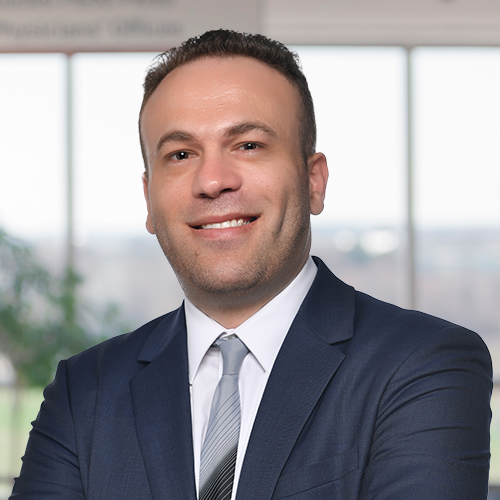The Science of Stress and Stroke Risk
November 20, 2024Stroke risk increases with age, but aging isn’t the only risk factor to consider. Stress can also increase the risk of an acute stroke event. In today’s world, stress and frustration are hard to avoid. Knowing the impact of stress on our bodies can help limit risk and provide motivation to address our cardiovascular health.
The Impact of Stress
According to Yale Medicine, chronic stress is “a consistent sense of feeling pressured and overwhelmed over a long period of time.” While we may not be able to avoid acute stress entirely, we can work to limit or manage the impact of chronic stress on our bodies and behaviors.
- Increased Blood Pressure:
- Chronic stress can contribute to high blood pressure, known as hypertension. It can also elevate hormone levels, which can cause blood vessels to constrict. Both of these effects increase the risk of stroke.
- Inflammation:
- Prolonged stress can lead to chronic inflammation. This can damage blood vessels, increasing the risk of clot formation, which can directly contribute to strokes.
- Heart Impacts:
- Heart disease is strongly linked to increased stroke risk. Prolonged periods of stress increase the amount of adrenaline and other hormones in the bloodstream, causing the heart to work harder and beat faster, increasing the risk of heart disease and stroke.
- Behavioral Symptoms:
- Some people turn to unhealthy coping mechanisms to deal with high levels of stress. These can include substance use, disordered eating, and more. These behaviors can contribute to a variety of cardiovascular issues, including an increased risk of stroke.
Reducing Risk Through Stress Management
Simple lifestyle changes can make a positive difference for those concerned about their risk of stroke.
- Mindfulness:
- Meditation, breathing exercises, yoga, and other mindful activities can reduce stress, increase oxygen flow to the brain, and help with overall physical health.
- Healthy Dietary Habits:
- Focusing on high-fiber, high-protein foods as part of a balanced diet can support cardiovascular health and reduce inflammation. These dietary habits can also help fight off cravings and impulsive, unhealthy food choices that might otherwise result from chronic stress.
- Staying Active:
- Regular exercise can help maintain physical fitness, lower blood pressure, and reduce levels of stress hormones in the body.
- Mental Health Assistance:
- Seeking support from a licensed mental health professional can help provide tools and techniques for limiting or managing chronic and acute stress.
- Good Sleep Habits
- Maintaining a consistent sleep schedule and practicing good sleep hygiene can help your body heal, control blood pressure, and reduce fatigue, leaving you better prepared to face life’s stressors.
Limiting Stress to Limit Stroke Risk
“In today’s world, chronic stress can be overwhelming and difficult to avoid. By making simple lifestyle changes, we can be better prepared to address and manage stress,” said Dr. Jehad Zakaria, Neurosurgeon at Riverside Neurosurgery Specialists, “These changes can improve our overall health and limit our risk of stroke and other vascular disease.”
As the area’s only thrombectomy-capable hospital, Riverside Healthcare is proud to offer our community the most advanced stroke care. If you or a loved one show signs of a stroke, dial 911 immediately and ask to be taken to Riverside’s emergency department.
For more information about stroke care at Riverside, please visit myrhc.net/strokecare or call (815) 932-7200.


